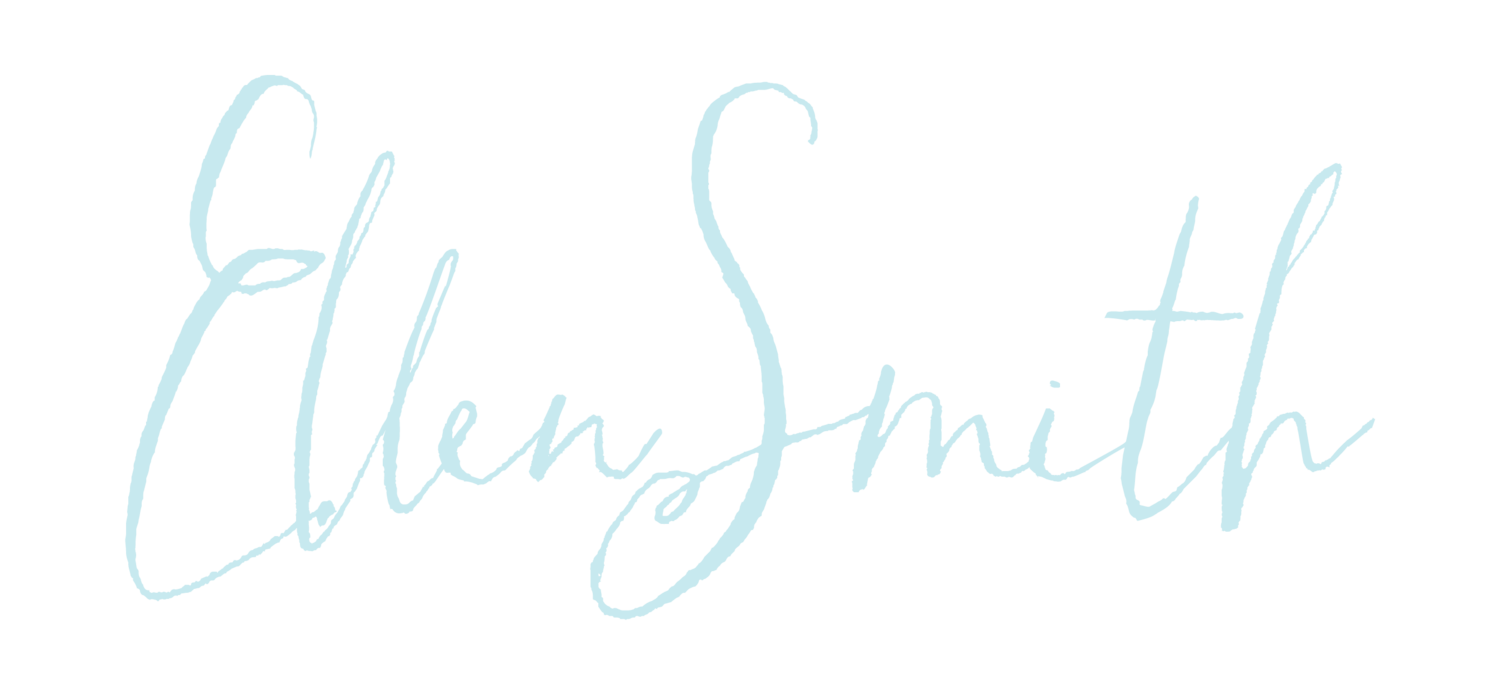I'm a writer by profession and by passion. For the past three years, I've been working as a freelance education writer. I love freelancing. I get to work with lots of different educators, business owners, and administrators on a variety of projects. Plus, part of my job is keeping up-to-date with current trends and the latest news in the education world. What could be better than reading and writing about my favorite topics?
When I'm off the clock as a freelancer, I'm still writing. Writing novels and short stories is my passion. Even after a long day writing blog posts and curriculum plans, my favorite way to unwind is by planning and drafting my next novel.
With a writing schedule like that, you'd think I'd get burned out after a while. Actually, I think these two distinctly different forms of writing keep me balanced and excited about what I'm doing, whether it's for work or for fun! I've started thinking of myself as a left-brained writer and a right-brained author. Kind of like Dr. Jekyll and Mr. Hyde, only less sinister and much wordier.
Freelance writing is almost entirely left-brained. When I'm working on a piece for a client, my writing process looks like this:
If I could take this approach to fiction writing, I would produce a LOT of novels.
Fiction writing, on the other hand, is different every single time. When I get a story idea, my left brain totally disengages and it's all creativity, all the time. This is the part of my writing life that wakes me up at two in the morning with a gotta-write-it line for my work-in-progress. For some pieces, I re-read and edit as I go. My current project has me galloping through the rough draft at breakneck speed, with no time to look back at what I wrote yesterday. When I get to the end, I'll go back, re-read, and start editing. I have a feeling there are going to be a few plot holes to contend with, but that's okay. I'm writing for the sheer joy of it.
I think my freelance clients are glad I leave this approach to my fiction writing instead of my work!
Recently, I tried to add some left-brained thinking to my right-brained creative writing. Using a plotting strategy or specific outline has always fallen flat for me when I'm writing fiction. Somehow, after writing the plot out, I felt like I'd lost the urge to tell the story. After all, the whole plot was already down on paper, even if it was just in shorthand.
Then I tackled my latest work-in-progress, and I realized that my right brain was going to need a little help telling this story. I'm writing a trilogy that involves time travel, so making up the story as I went got really confusing really fast. Fifty pages in to the first book, I realized that my creative process had led me down a rabbit hole so deep I wasn't sure I could dig my way out. For the first time, I wasn't enjoying fiction writing without a plan.
Enter The Plotting Workshop, created and led by author Shaunta Grimes. I first heard about the workshop in this interview with Shaunta by author T.M. Toombs. As soon as I visited her site, I knew that learning this approach to plotting was the answer to my dilemma. I signed up, got my first e-mail the next day, and spent eight weeks doing the impossible: bringing my left brain into my right-brained world.
It worked.
My plot board: Left brain, meet right brain.
I'm now a quarter of the way through the second book in the trilogy. The plotting method Shaunta teaches did the opposite of killing my creative spark. With my plot board propped up on my desk, I'm more anxious than ever to get to work on the next scene of my story.
This little experiment with my fiction got me thinking: what if I added a little of my right brain to my freelancing work? I've started keeping a journal where I spend ten minutes a day freewriting ideas and random thoughts about education issues. It hasn't changed my core process for my freelance writing, but I've noticed a big difference in how quickly I can generate new ideas for articles. Even better: now I start my work time excited about what I'm writing and why. It's a passion for education that got me started as a teacher and then as a freelance education writer. Reigniting that passion each morning makes me a happier writer and, I hope, a better writer too.
There was a time when I thought the key to balancing my freelancing and my fiction writing was in keeping each process distinctly separate. To an extent, I still think that's true. My freelance work requires a lot of focus and my fiction needs a lot of freedom. However, it's been fun to learn how crossing over my left-brained and right-brained skills have added more excitement, more inspiration, and more productivity to both sides of my writing world, fiction and freelance.




